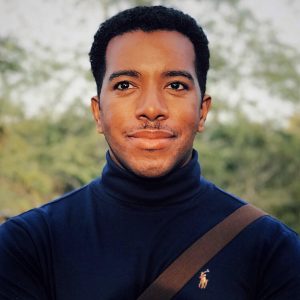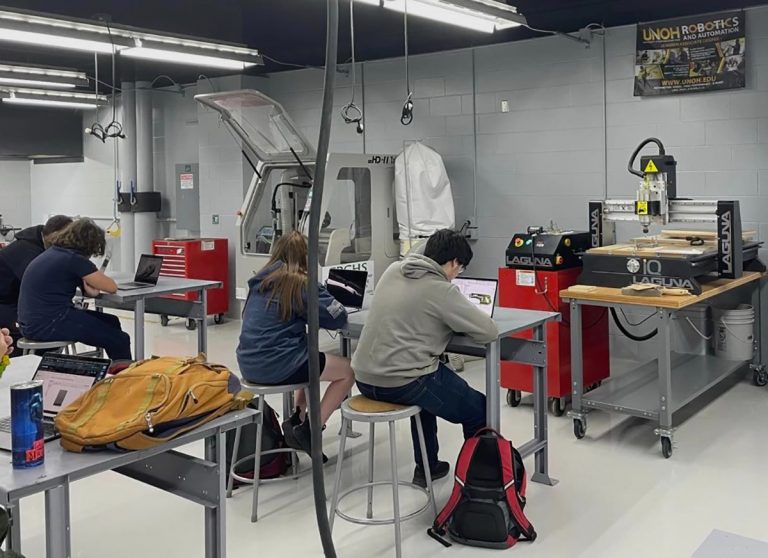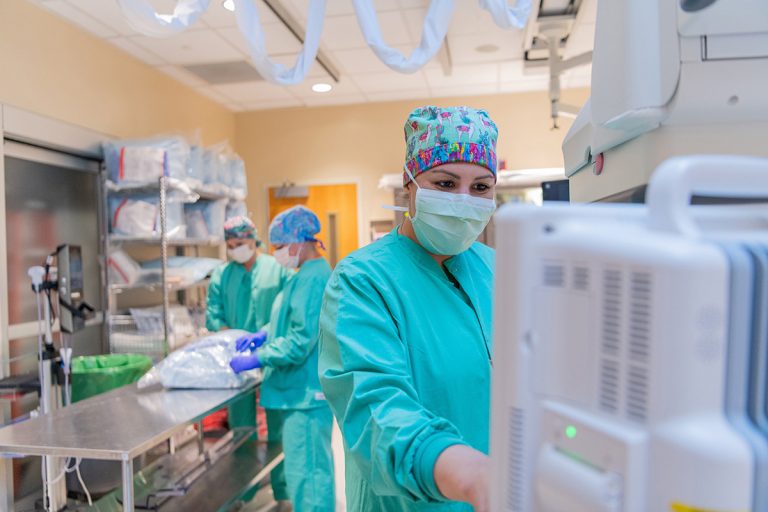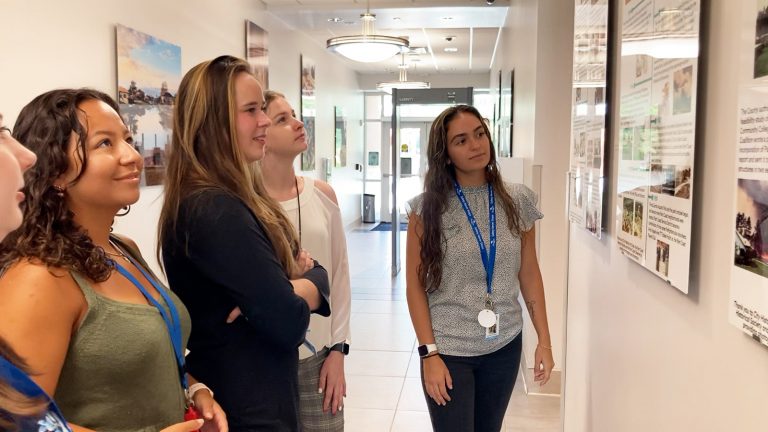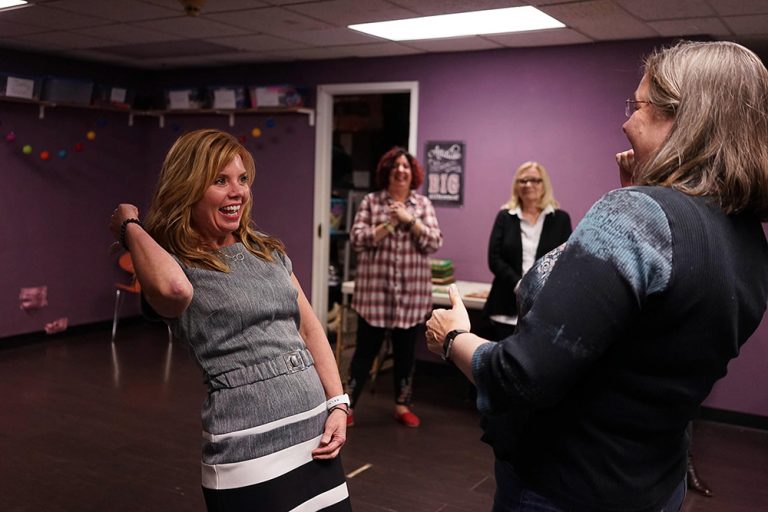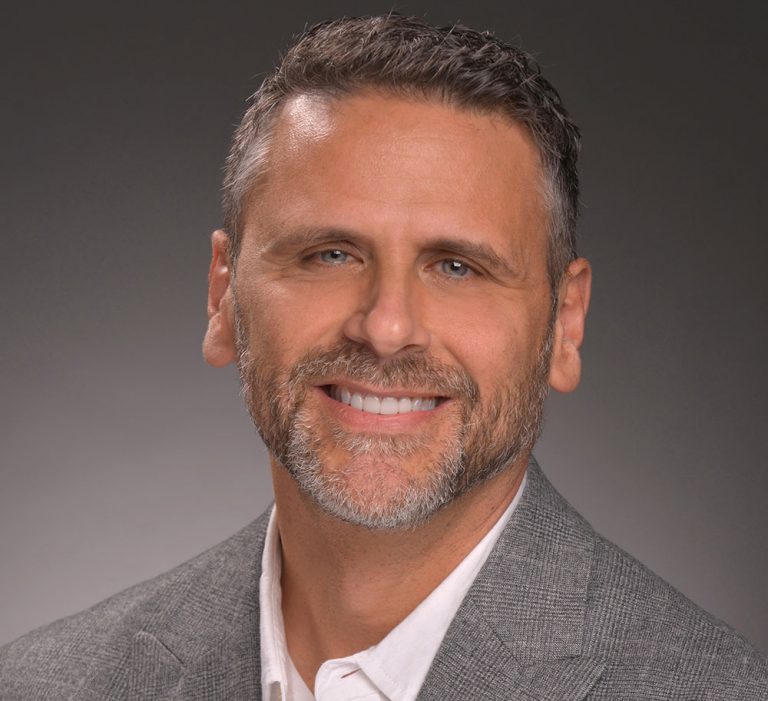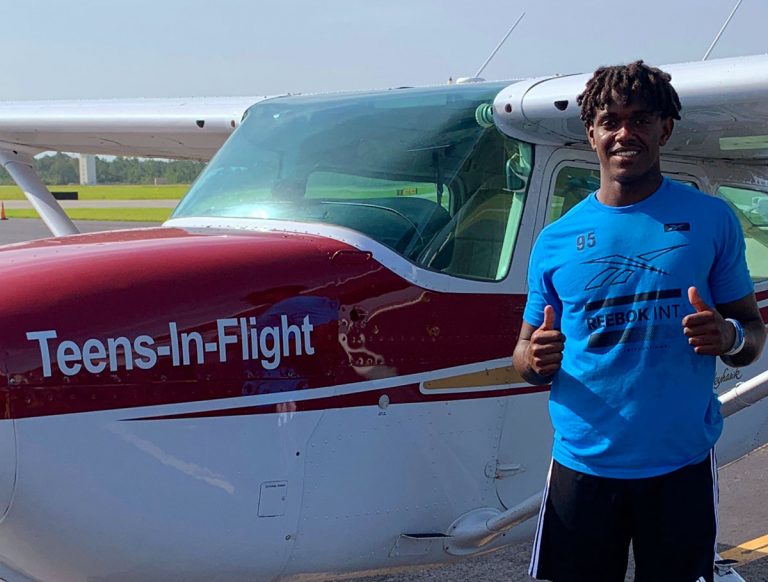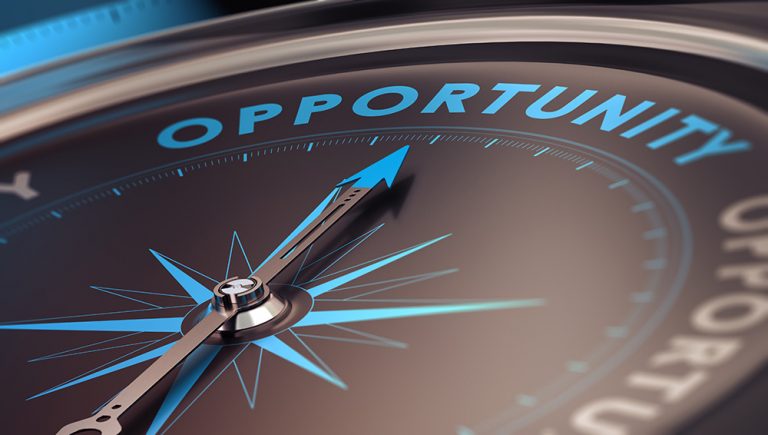Gen-Z Goes to Work
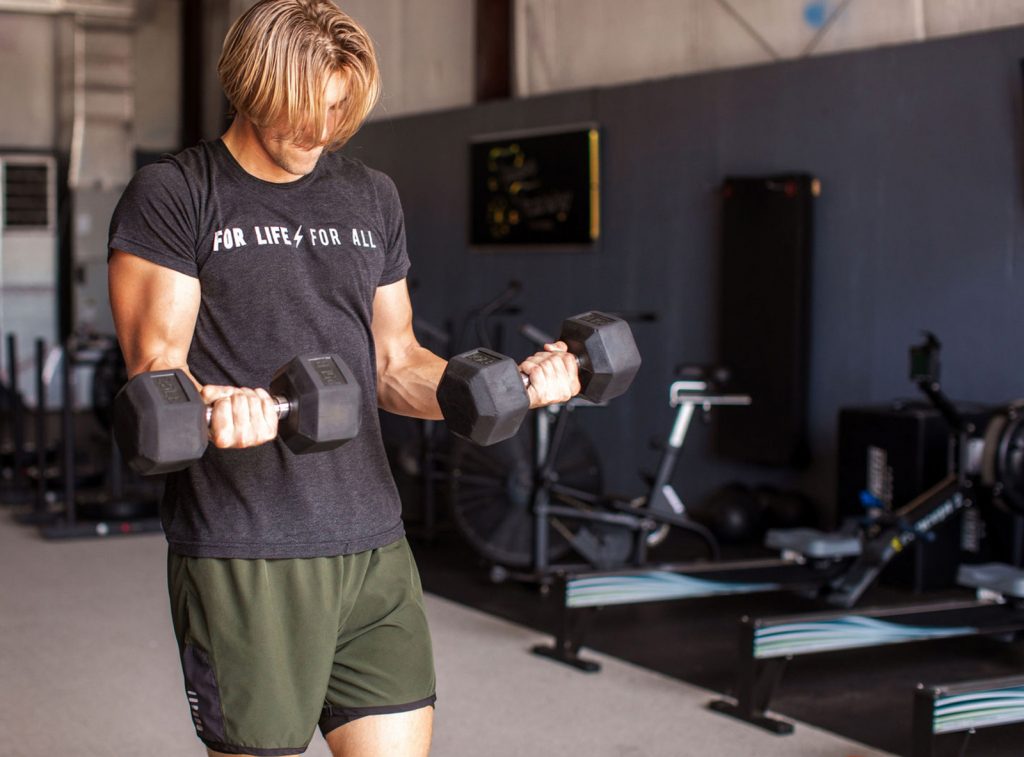
Today’s workforce is in the throes of quite a shift. As one ancient adage says, “a generation is going, and a generation is coming.” The Pew Research Center defines Generation Z (or Gen-Z) as anyone born after 1996 who is not currently older than 24 or 25. How do employers made up of Millennials and beyond need to adapt to successfully hire Gen-Z talent and meet them where they are, as it were? We cannot provide an exhaustive list of answers here, but Evolve Magazine was able to get the perspective of three locals who have relevant observations on the subject. Let’s meet them and hear their take on this question of workforce development.
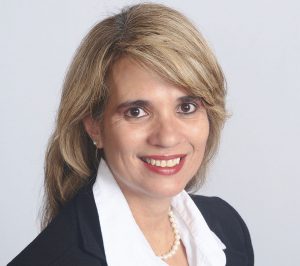
Dr. Maria Dowling is a Flagler County consultant with a vested interest in adapting to the needs of Gen-Z members of our modern workforce. She is a neuroscientist certified in transformational and energy leadership coaching. Dr. Dowling’s resume includes collaboration with Harvard Medical School and the Palm Coast Chamber of Commerce. She has done extensive research on trends unique to Gen-Z. This cohort is “the most diverse generation of the five generations currently in the workforce,” she observes. When Dr. Dowling was working in corporate America 30 years ago, she was in a top-down hierarchical structure. “Now it’s more of a collaborative leadership,” she relates. Citing a Stanford study, Forbes reported in 2017 that those working collaboratively experienced higher task stamina by 64% when compared to peers working solo. Meanwhile, lower fatigue and higher success rates were also reported. The impact was said to last several weeks. Despite being tech-savvy, Dr. Dowling has found that Gen Z-ers often prefer face-to-face meetings over virtual appointments. Perhaps this is at least in part born of a desire to harness social skills that may have stagnated during the height of the pandemic.
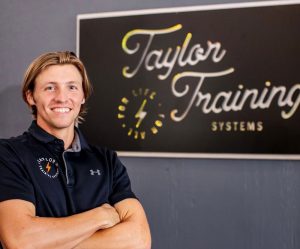
Johnny Fiorenza is a 23-year-old Flagler College graduate who majored in Sport Management. He is now an athletic coach and professional catcher for the Schaumburg Boomers. “I have noticed that people of my generation enjoy wearing many hats,” says Johnny when asked what older recruiters should know when composing job listings. He continues by emphasizing the desirability of jobs that offer “many angles or liquid opportunities and tasks as opposed to a set list of responsibilities.” In Johnny’s experience, recruiters do well to incentivize the ability to create one’s own schedule. When describing his cohort of professionals, he says: “they value both hard work and experiences.” Johnny feels that the happiest Gen Z-ers are those who can travel often (even if the trips are brief). So giving employees the freedom to travel more frequently than was acceptable decades ago has the potential to foster a more productive, refreshed workforce.

Alexis Calderon is a 20-year-old junior at Flagler College majoring in criminology. A Maryland native, she is pursuing a career as a prosecutor. Her childhood revolved heavily around athletics. “With sports, your brain has to work in multitasking,” says Alexis. In her softball days, she was concerned with several dynamics, including the batter, base runners and incoming pitches. Academically speaking, she prefers to focus on one task at a time. “That’s just how my brain works…I’m more of just, ‘gotta get it done now, and I’ll worry about other things later,’” explains Alexis. When she worked in retail, Alexis performed better when doing a single task at a time, but this did lead to boredom. So context matters when evaluating the nature of multitasking. When asked what recruiters need to bear in mind when seeking Gen Z talent, Alexis emphasized income. “People my age are all about money…their main focus is money,” explains Alexis. She has also observed that her peers generally shy away from a strenuous workday. In other words, if required tasks can be completed by the middle of the day, spending some time completing academic assignments at a desk job should be normalized and acceptable. In terms of disdain for rigorous workdays, Alexis might be an exception. “I love keeping myself busy…I hate sitting and just doing nothing,” she shares. She has thrived on being self-reliant during long days as a barista juggling several duties in a fast-paced environment. Alexis has noted that stricter schedules seem to be giving way to a more relaxed environment marked by the ability to call out with minimal pushback when addressing health concerns.
Research on this overarching topic is very much ongoing. Sweeping Gen Z generalizations are probably unproductive. As Dr. Dowling says, “we can’t lose our individuality.” Compassionately understanding this vibrant, dynamic group and their needs will only propel them – and, by extension, the communities they serve – forward. Continuing to examine how best to adapt to Gen Z’s work ethic will prove worthwhile as we witness an ever-changing tide of hands in our modern workforce.
